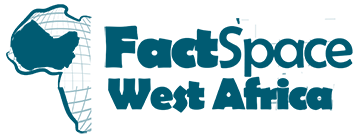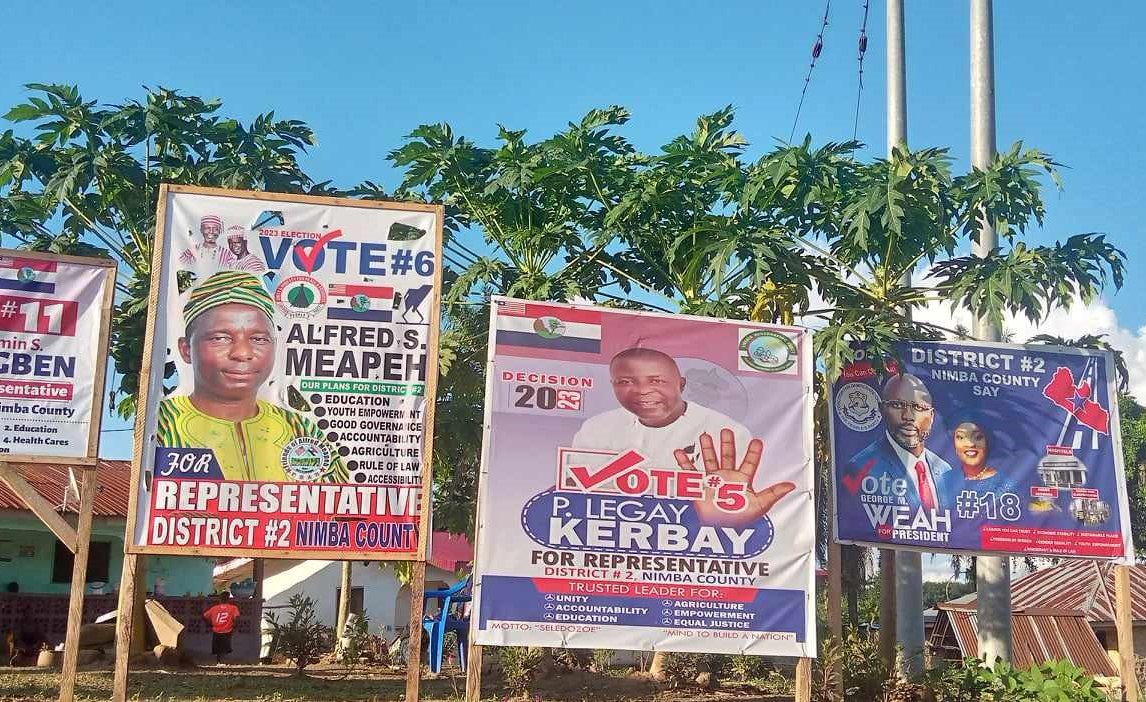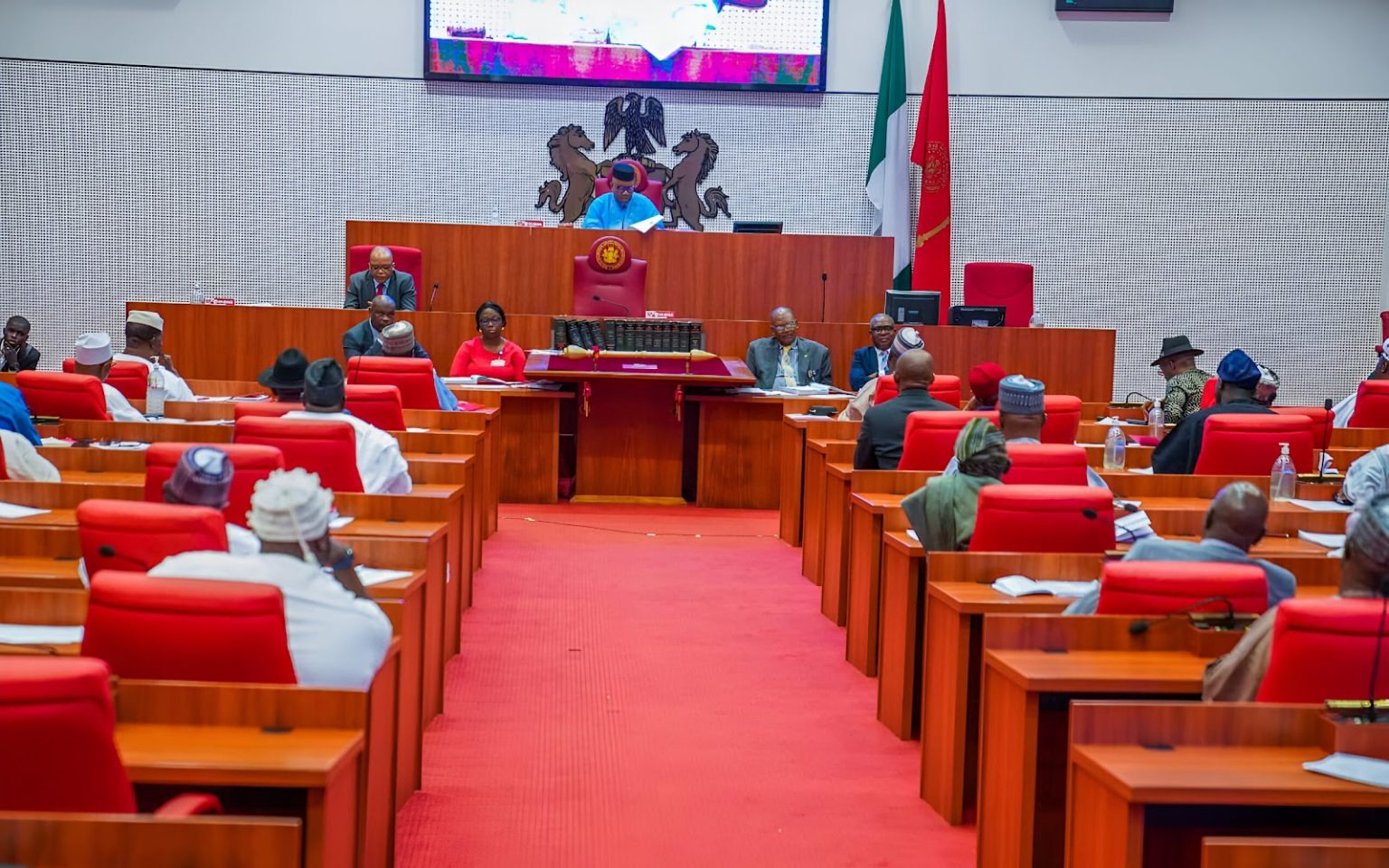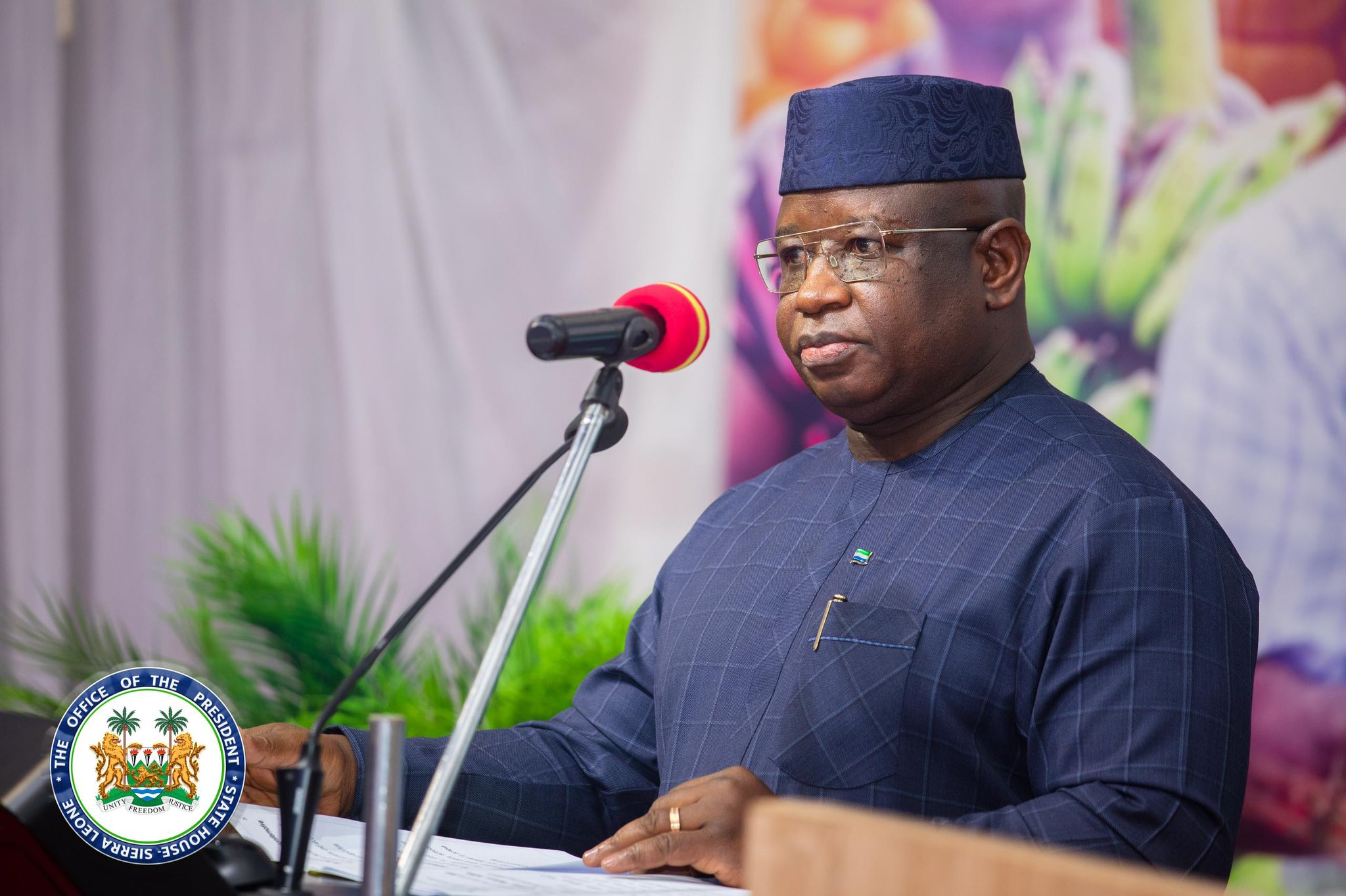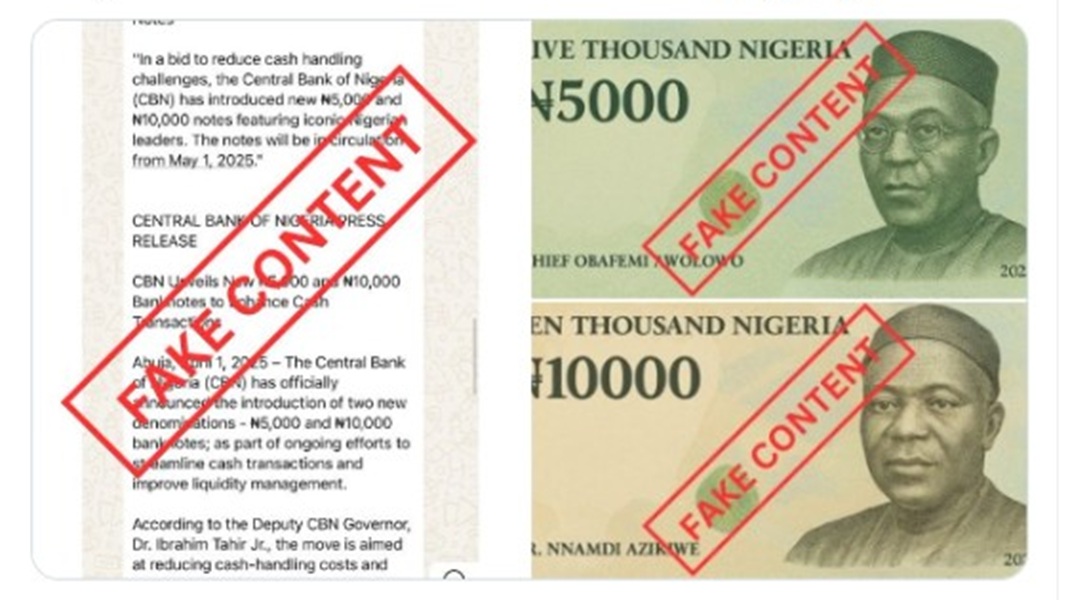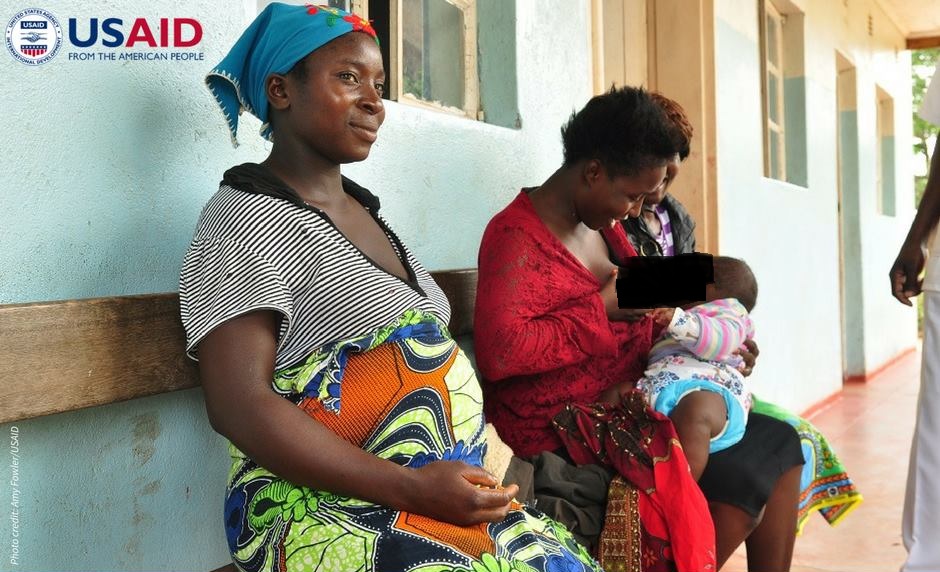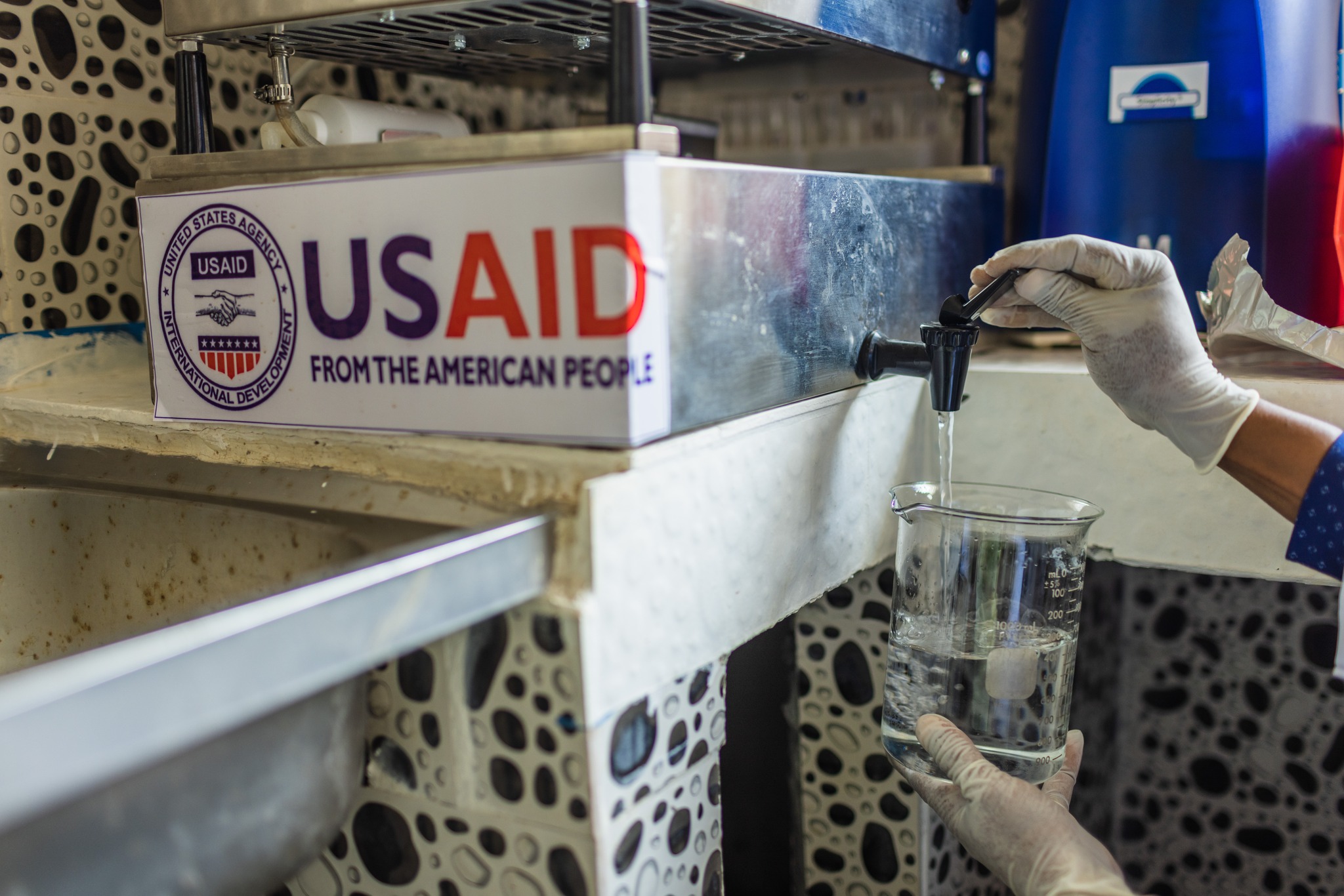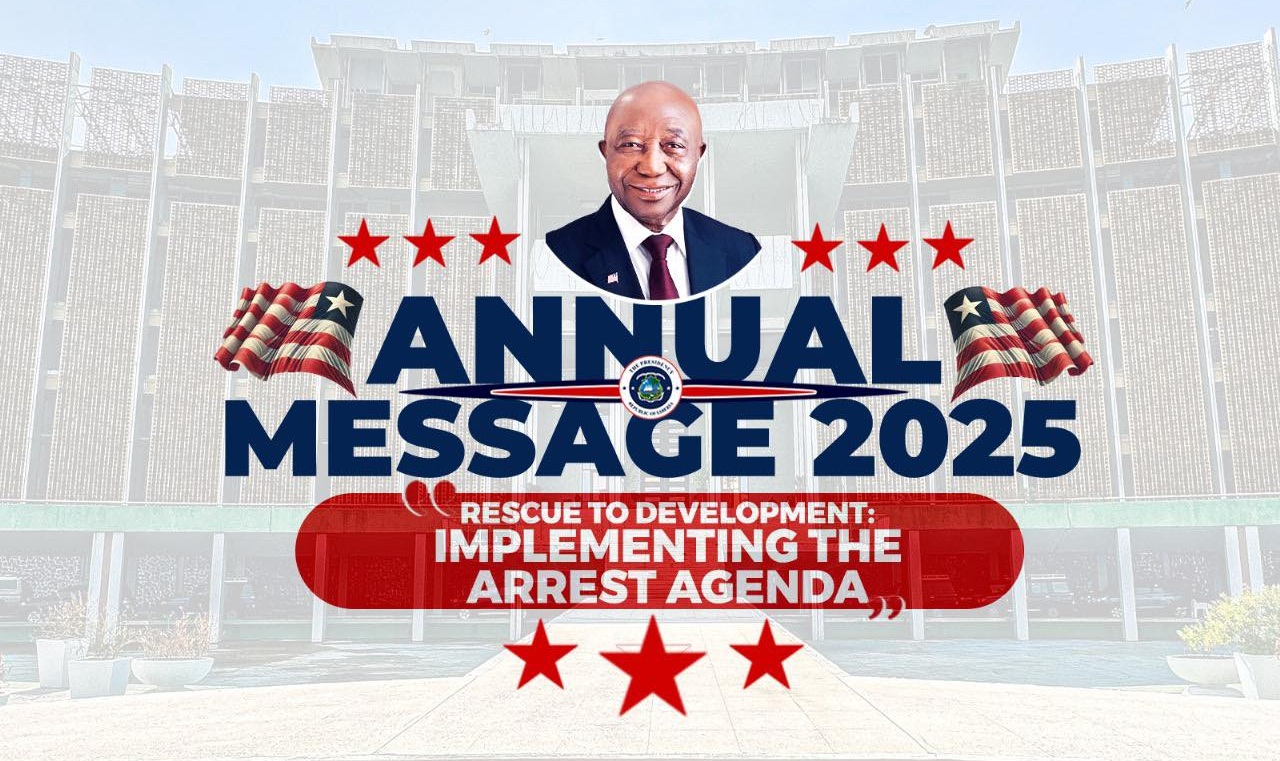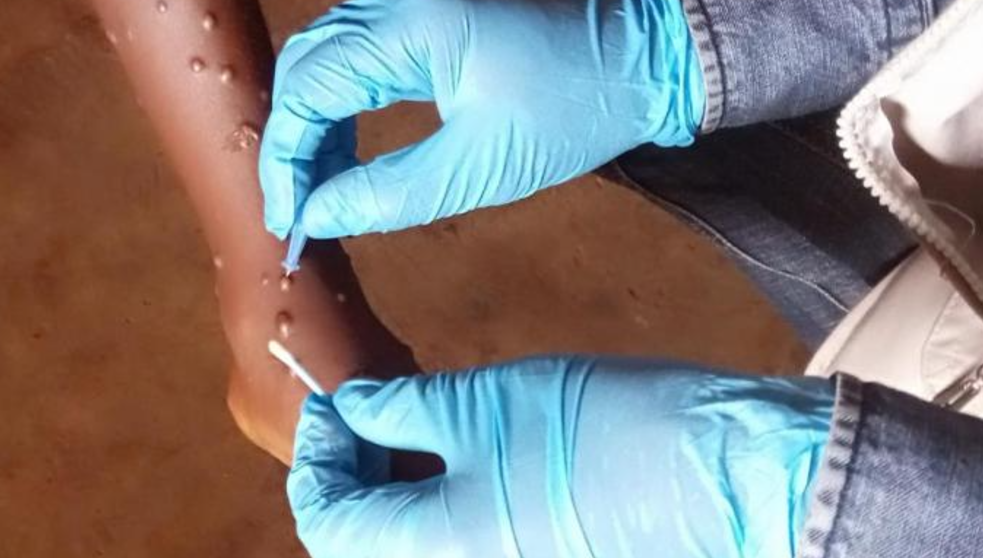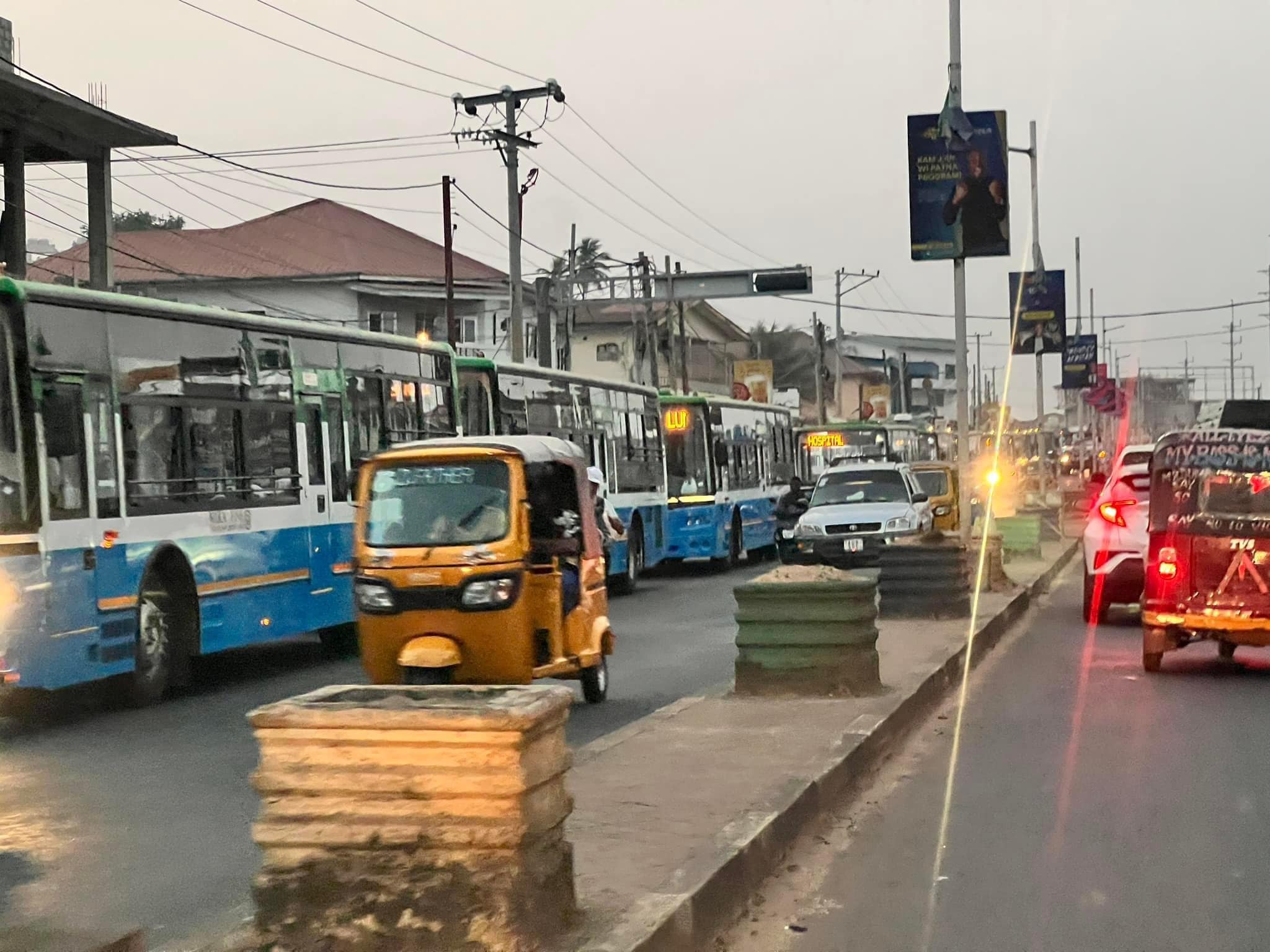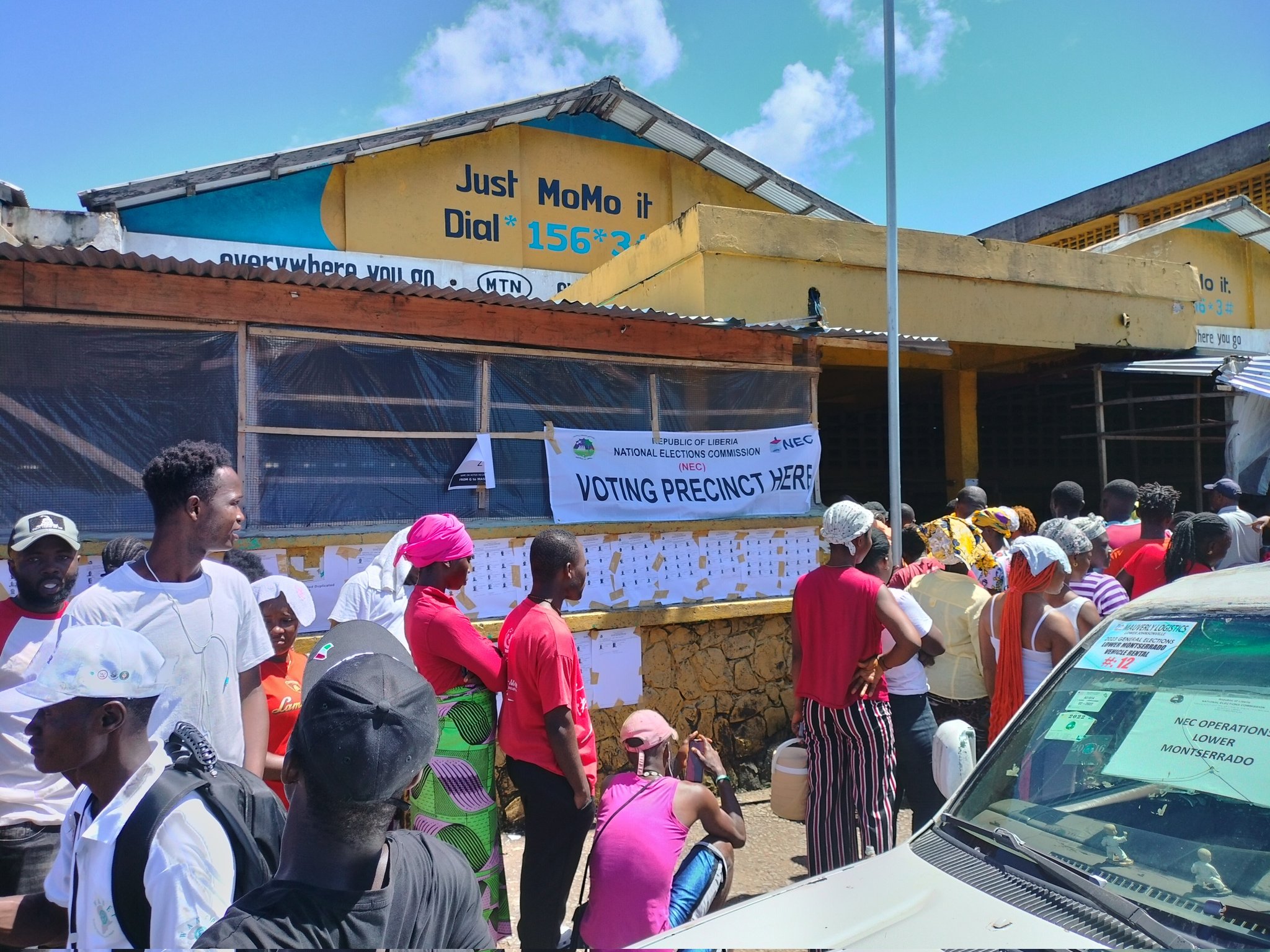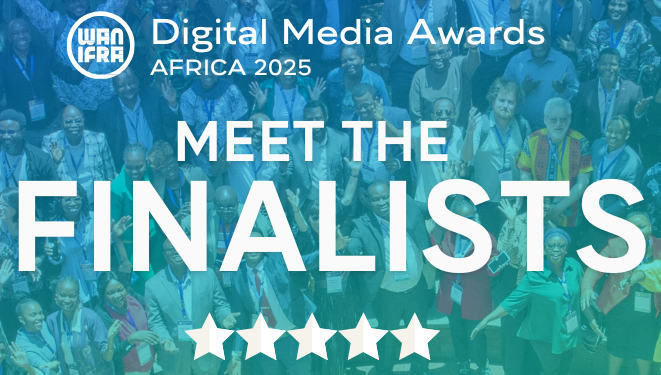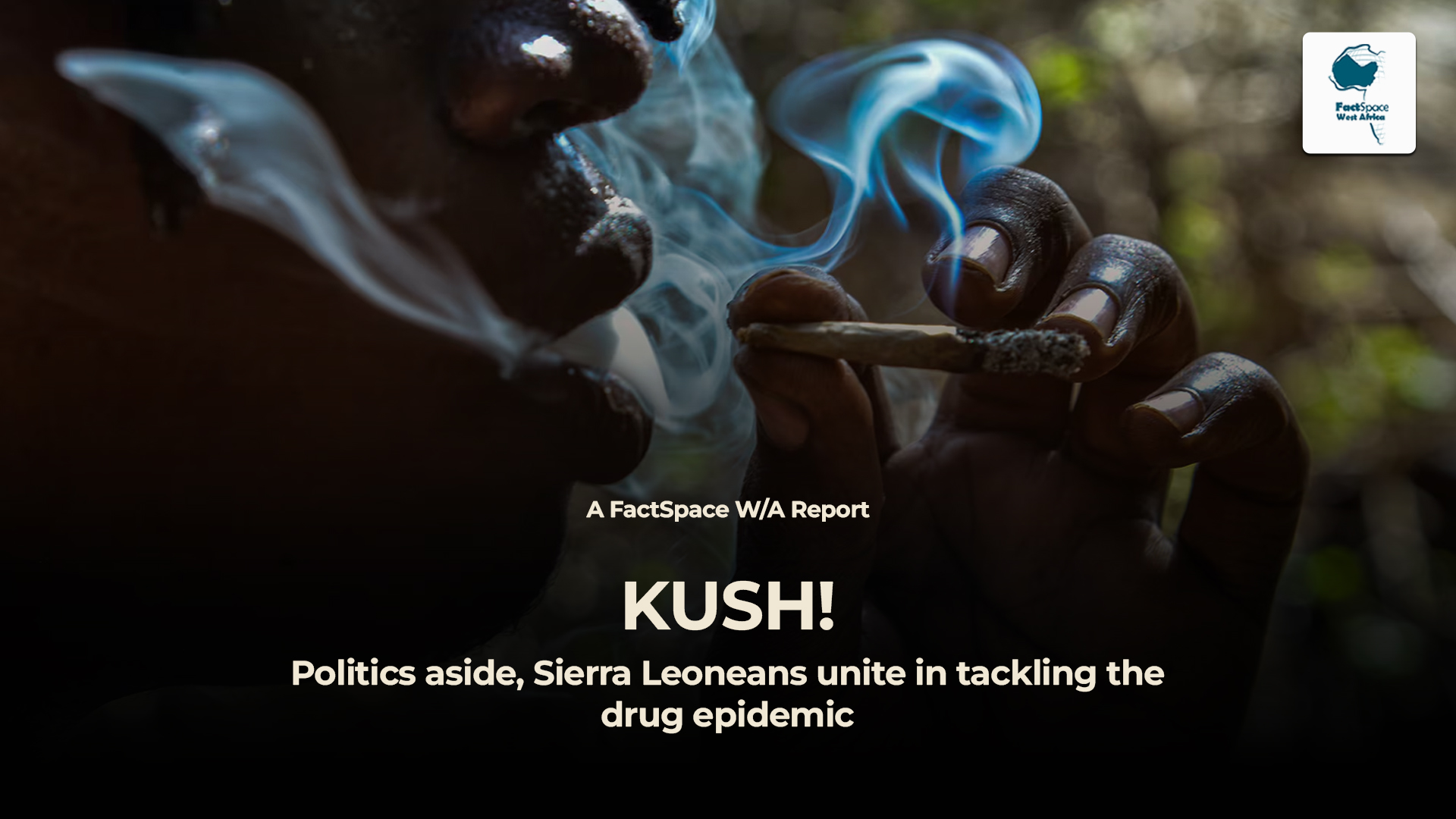The race for the next President, Senators and Members of the House of Representatives for the Republic of Liberia is on, as the October 10, 2023, general elections will mark the fourth democratic election since the end of the civil war.
With 46 registered political parties on file, the upcoming election is expected to have 20 presidential aspirants, including the incumbent George Weah, who is intent on running for a second term.
Liberia’s road to democracy
In 1980, Master Sergeant Doe staged a coup d’état, plunging the country into a chaotic era of two civil wars and military uprisings, which lasted until 2003, when President Charles Taylor was indicted for war crimes due to his involvement in the Sierra Leonean Civil War.
In the same year, stakeholders of the second Liberian civil war met in Ghana to end the long period of conflict by signing the Comprehensive Peace Agreement, which paved the way for the peaceful election of Ellen Johnson in 2005. The transition of power from Ellen Johnson-Sirleaff to George Weah in 2018 was the first peaceful transition of power in almost 50 years.
The birth of political alliances
The new era of peace birthed a plurality of political parties, making elections difficult for one particular party to win, leading to the formation of various coalitions by some political parties.
In the 2017 polls, which saw the election of George Weah, the concentration of power was in five out of twenty candidates from different parties and coalitions, including the winning Coalition for Democratic Change (CDC), Unity Party (UP), Liberty Party (LP), Movement for Democracy and Reconstruction (MDR), and the Alternative National Congress (ANC), respectively.
The October 10, 2023, presidential poll has seen the emergence of two major coalitions.
A picture of the 2023 political alliances
Three significant coalitions are currently contesting for the office of the President in the elections of October 10, 2023 – Joseph Boakai of Unity Party (UP), Alexander Cummings of Collaborating Political Parties (CPP), and George Weah of Coalition for Democratic Change (CDC).
The CDC won the last presidential election, but not without the help of the MDR, which declared support for the CDC after the polls went into a run-off.
In 2017, the CDC won the elections through the coalition of three political parties, including the Congress for Democratic Change, the National Patriotic Party, and the People’s Democratic Party of Liberia.
The current electoral climate presents a challenge to Weah, as the founder of the MDR, Prince Johnson, has withdrawn his support for him and thrown his weight behind Joseph Boakai of the Unity Party.
The CDC coalition has signed up six new members after the withdrawal of MDR, bringing the total number of political parties to nine.
The six new members include:
- Change Democratic Action (CDA)
- Unity People’s Party (UPP)
- Redemption Democratic Congress (RDC)
- Movement for Economic Empowerment (MOVEE)
- People’s Liberation Party (PLP)
- Union of Liberian Democrats (ULD)
Following the CDC victory in 2017, four major opposition parties—the Unity Party, Liberty Party, Alternate National Congress, and All Liberian Party (ALP)—formed a new coalition called the Collaborating Political Parties (CPP).
However, in 2022, UP broke off the coalition along with the ALP and some leading members of the LP, leaving only the ANC and some members of the LP in the alliance.
The flagbearer of the CPP coalition is Alexander Cummings of the ANC, who lost his first attempt in 2017 to George Weah.
After breaking away from the CPP, the Unity Party allied with Prince Johnson’s MDR and some breakaway factions of the LP, with Joseph Boakai being the flagbearer of this coalition.
Having served under Sergent Doe as Minister of Agriculture from 1983 to 1985 and under Sirleaf as vice president between 2011 and 2017, his recent alliance with Prince Johnson will make the election a keenly contested one.
By: Sedem Kwasigah
